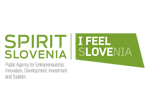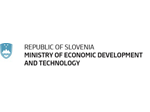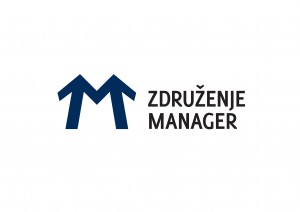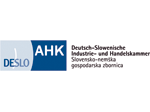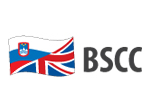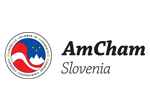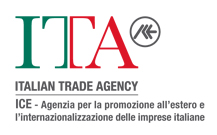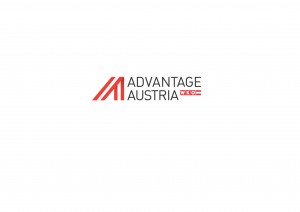Finally Clear Message: Government is Committed to Privatisation!
- Written by FDI
- October 23, 2014 at 7:43 am
-
Slovenia’s government is committed to attracting foreign investors, which includes pressing ahead with privatisation, PM Miro Cerar told the FDI Summit in Ljubljana on Wednesday. A key measure for future privatisation will be the asset management strategy, which is expected to enter public debate next month.
“The new government is ready to push ahead with strategically-considered privatisation,” Cerar said in an introduction to a panel on privatisation at the annual investment conference. This means that infrastructure will remain in state hands, while business interests will be sold based on the asset strategy. The document is expected to be released to public debate in early November. “It is meant as a clear political commitment that the way forward will be more systematic,” State Secretary at the Finance Ministry Metod Dragonja told the panel about the strategy which will lay out the plans for state assets.
As part of the strategy, Slovenia wants to set clear targets for privatisation. Cerar said that the aim for the state was to use the proceeds from the sale for reducing public debt, financing restructuring of the ailing economy and funding development projects. He also said that the government was committed to reforms which will make Slovenia a more appealing economy for foreign investors. The government priorities include balancing public finances and completing bank restructuring to provide for a stable financial system.
Business officials taking part in the panel reviewing the first phase of privatisation agreed that the process has been an important signal to foreign investors. “I think we have achieved fairness and transparency in privatisation process,” said Matej Runjak of the Slovenian Sovereign Holding (SSH), assessing that this has been reflected in success sales. The most recent was that of airport operator Aerodrom Ljubljana, where “significant competition helped bring about the best price”.
Gerald Martens of Ring International, the Austrian fund which acquired chemical group Helios late last year, stressed that foreign investors help create successful and sustainable companies. Citing the example of clipping mechanism producer Niko Železniki, Ring’s first investment in Slovenia, Martens said that a priority was reducing reliance on debt and optimising operations. Meanwhile, human resources was raised as a key factor of success by Jörg Zeddies, the chairman of mobile operator Simobil. In this respect, opening the door to foreign investors helps create the business opportunities which can tap into Slovenia’s highly-skilled and dedicated workforce. A priority should be ensuring that young talents do not leave the country, Zeddies said.
Damir Kuštrak, executive vice-president of Croatia’s Agrokor responsible for export markets, raised the importance of government support for competitiveness. Hailing Agrokor’s recent acquisition of Slovenian retailer Mercator as a major achievement for regional cooperation, he said that a competitive environment was essential to ensuring that regional companies can compete against global rivals.
Related Posts

Video: FDI 2016 December 12, 2016


















